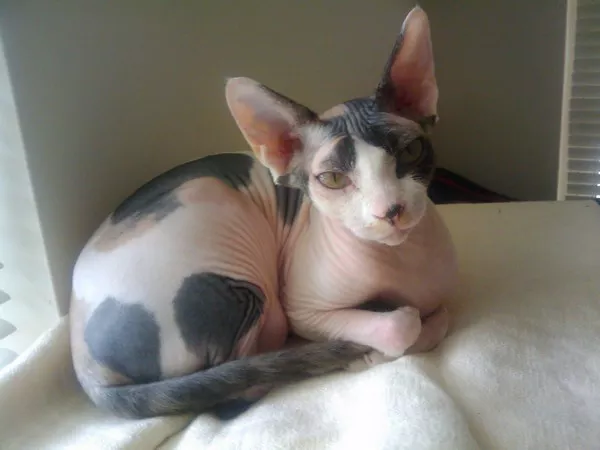A recent in-depth examination of antimicrobial utilization in feline healthcare has revealed key insights into the perspectives of both veterinarians and cat owners. The focus of the study centered on the prescription patterns of cefovecin and the challenges associated with the administration of oral medications to cats.
Conducted among a cohort of veterinarians based in New York and a diverse selection of cat owners across the United States, the study employed surveys and interviews to gather comprehensive information about their respective experiences and practices.
A noteworthy discovery from the research was the pervasive pressure experienced by veterinarians to prescribe antimicrobials. This often resulted in the preference for cefovecin, a long-acting injectable antimicrobial, even in instances where it may not have been the optimal choice. Interestingly, while veterinarians believed that a substantial number of cat owners faced difficulties in administering oral medications, the actual count of owners finding it impossible was considerably lower.
Conversely, a significant percentage of cat owners revealed that they had actively sought antimicrobials from their veterinarians, expressing a preference for injectable options like cefovecin due to their perceived ease of administration. This highlights a potential communication gap or misunderstanding between veterinarians and cat owners concerning the proper application of these medications.
The study underscored a critical disparity in perceptions between veterinarians and cat owners, with veterinarians tending to overestimate the challenges owners encounter in administering oral medications. This discrepancy may contribute to an unwarranted reliance on injectable antimicrobials, such as cefovecin.
The clinical implications of these findings are substantial. Addressing the perceptual gap may lead to a more judicious use of cefovecin, potentially mitigating the risk of antimicrobial resistance (AMR), a growing concern in both veterinary and human medicine. The study advocates for enhanced educational efforts directed at cat owners to improve their proficiency in administering oral medications, fostering compliance with prescribed treatments and diminishing the reliance on injectable solutions.
Furthermore, the research points to broader implications concerning the stewardship of antimicrobials in veterinary practice. The study highlights the dangers associated with the overuse of cefovecin, classified as a “highest priority critically important” antimicrobial by the World Health Organization (WHO). This overreliance poses a significant threat due to the potential development of AMR, impacting both animal and human health.
In conclusion, the study illuminates the imperative need to align the perspectives of veterinarians and cat owners regarding medication administration. It calls for targeted interventions and strategic approaches to enhance antimicrobial stewardship, emphasizing the importance of comprehending both the challenges and motivations faced by veterinarians and cat owners in the treatment of feline patients.

























